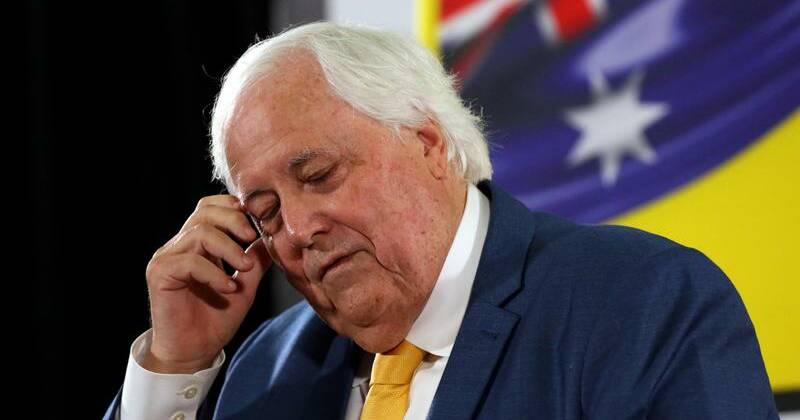
BREAKING: Australian mining magnate Clive Palmer has been ordered to pay $13.6 million after his claim of being a “foreign investor” was dismissed by the Permanent Court of Arbitration. This urgent ruling follows a prolonged dispute spanning over a decade, with significant implications for Palmer and Australian investment laws.
The tribunal, which met in The Hague, ruled that Palmer does not qualify as a “foreign investor” under Australia’s free trade agreements. Attorney-General Michelle Rowland confirmed this dismissal on Saturday, stating, “Mr. Palmer is not entitled to any benefits under Australia’s free trade and investment agreements.” This ruling is pivotal as it emphasizes the tribunal’s jurisdiction over disputes between citizens and their national governments.
This decision comes on the heels of Palmer’s claims for damages totaling nearly $200 billion AUD linked to a blocked mining proposal in the WA Pilbara region, which he argued violated the ASEAN-Australian-New Zealand Free Trade Agreement. Rowland expressed hope that this ruling would prompt Palmer to withdraw other international claims against the Australian government, stating, “Australia should never have had to spend two years and over $13 million defending an investor-state claim brought by an Australian national.”
Palmer’s allegations included harsh criticisms of the Australian government, likening its actions to those of a “banana republic” in his arbitration notice. The case has raised eyebrows, particularly due to legislative actions in 2020 that limited damages related to this dispute, which began with an initial rejection in 2012.
The tribunal’s decision, which has yet to be fully disclosed, has set a precedent that could impact future investor-state relations within Australia. The hearing on jurisdiction and admissibility lasted three days in September 2024, and legal experts like UNSW associate professor Jonathan Bonnitcha have noted the complex nature of such cases, stating, “Each has a unique combination of arbitrators, and the case documents are not public.”
Palmer’s team has indicated they will review the judgment, leaving the door open for potential further legal action. This ruling not only affects Palmer but also underscores the challenges faced by Australian nationals seeking arbitration under international investment agreements.
As this story develops, all eyes will be on how Palmer responds and whether other claims he has filed will be impacted by this significant ruling. Stay tuned for updates on this unfolding situation that holds critical importance for Australian investment law and international relations.






